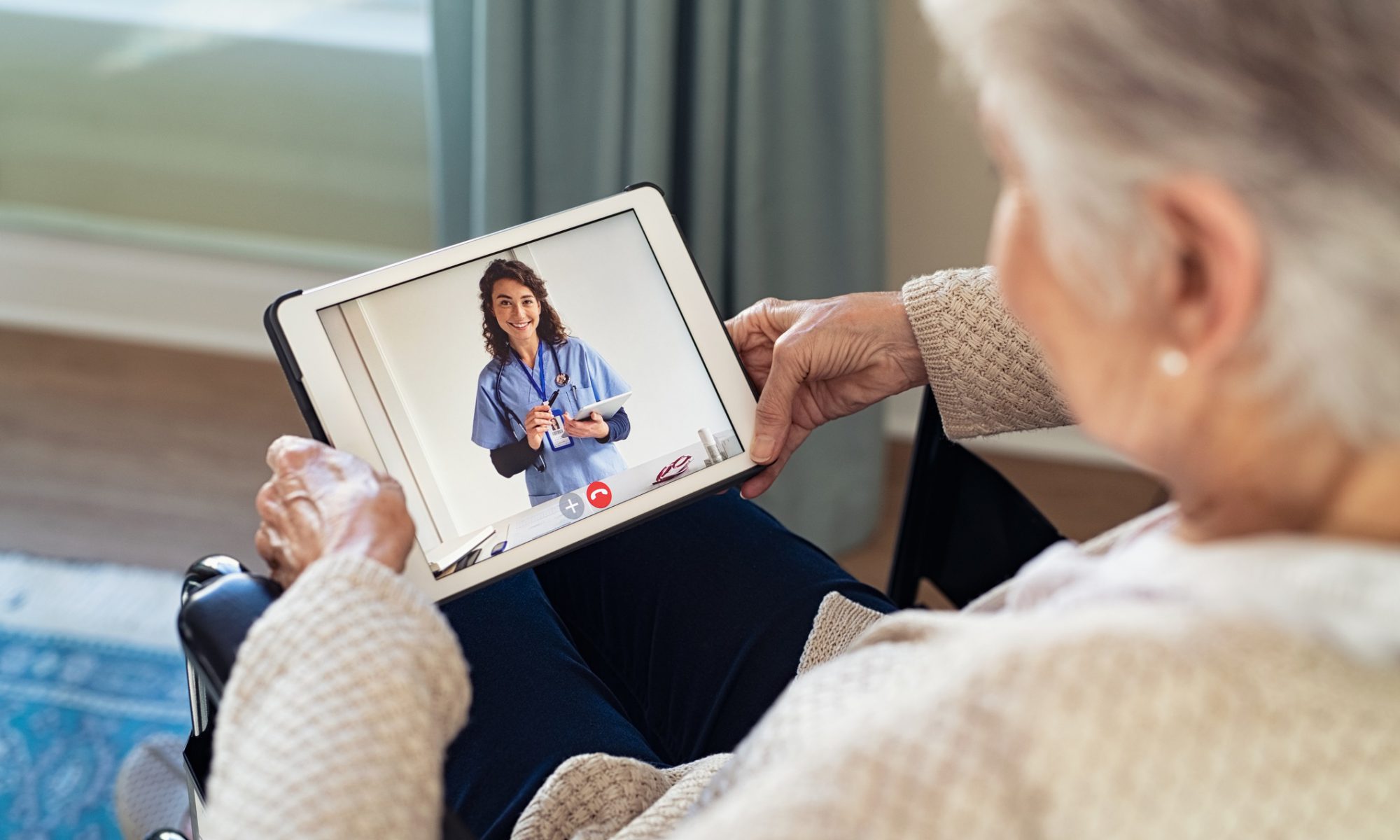— Tailoring care to nuanced circumstances is essential to better health
I recently saw two different patients with type 2 diabetes mellitus, both of whose hemoglobin A1c values were above the limit of detection of our point-of-care machine. My medical training taught me to treat them similarly: titrate medications, assess and encourage “compliance,” recommend home glucose monitoring, and counsel on nutrition and exercise.
But one of those patients was Ms. G, a woman who had residual weakness and visual impairment from a stroke and lived in a food desert. It was not possible for her to look at nutrition facts or a glucometer, access healthy foods, cook for herself, or walk around the neighborhood. Her dependence on loved ones made her feel depressed, ashamed, and useless, which contributed to poor eating habits. Read more in MedPage Today.
